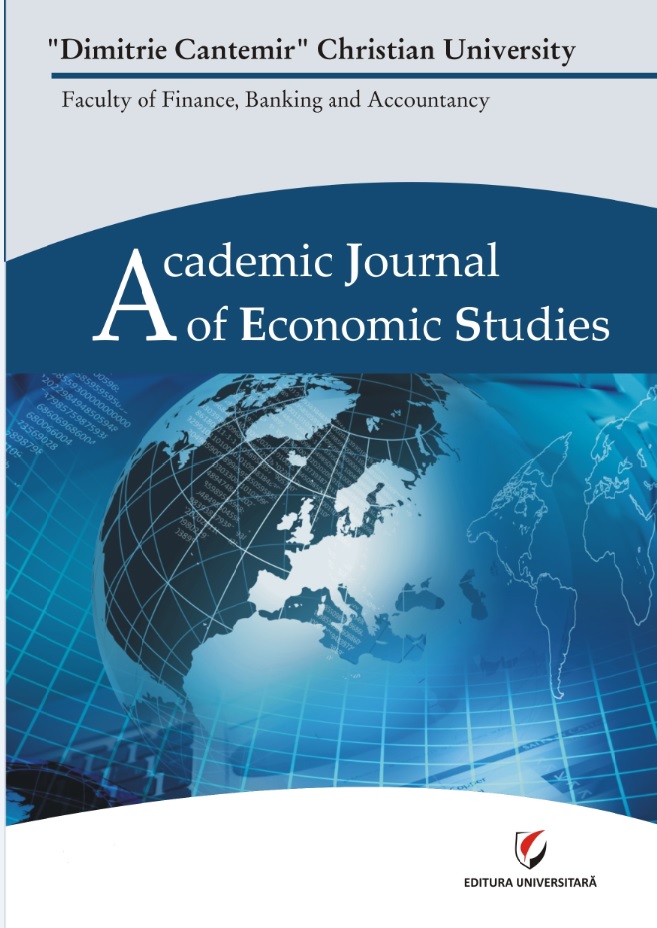People’s Republic of China, An Introduction to the Party and Its Socialist Base: Is the Banking and Financial Industry a ‘Natural Monopoly’?
People’s Republic of China, An Introduction to the Party and Its Socialist Base: Is the Banking and Financial Industry a ‘Natural Monopoly’?
Author(s): Christopher Daniel WatsonSubject(s): Business Economy / Management, Financial Markets
Published by: Editura Universitară & ADI Publication
Keywords: State-owned Banks (SOBs); State-owned Enterprises (SOEs); Financial SOEs; Equitization; Market Socialism
Summary/Abstract: The market ideology of the People’s Republic of China (PRC) has undergone substantial reformation over the past three decades in regards to their engagement in international trade and investment. There is no doubt that China has embraced aspects of capitalism, however admitting this is a more difficult task for them. The inclination of Socialism with Chinese Characteristics has been apparent and the official economic and market position of the Communist Party of China (CPC) since its architect Deng Xiaoping instituted these reforms. Moreover, this market platform can be identified as Market Socialism with Chinese Characteristics or simply Market Socialism. According to the State Council, the banking and financial industry does not constitute a strategic and/or pillar industry, in which the CPC maintains an absolute or strong influence in. However, regardless of this determination, this paper argues that the CPC maintains a decisive and strategic role in the operations and practices of its financial champions. With respect to strategic trade theory, the idea that governments introduce mechanisms, which attempt to capture increased market share and profits for domestic enterprises. Traditionally, creating national champions through industrial policy has been a mode of augmenting the competiveness of domestic enterprises engaged in commercial affairs. This approach can also be applied in creating national champions in the banking and financial industry, which can equally prove to be instrumental in aiding in the national economic agenda. This paper attempts to analyze certain aspects of the PRC banking structure to preliminary determine how inter-connected their operations are to China’s Market Socialism.
Journal: Academic Journal of Economic Studies
- Issue Year: 3/2017
- Issue No: 1
- Page Range: 23-28
- Page Count: 6
- Language: English

